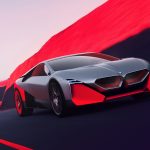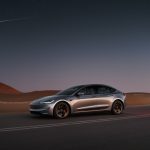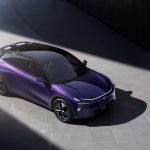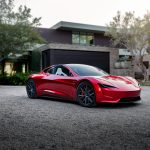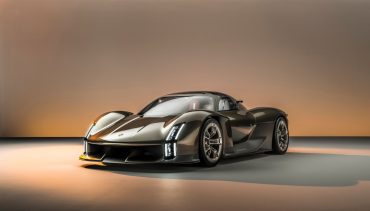

Luxury automaker Porsche faces mounting financial pressure as U.S. tariffs and EV investments drive profits toward breakeven levels
Key Takeaways
- Porsche expects Q2 operating profit around breakeven due to €500 million writedown on Cellforce battery joint venture and €200 million in restructuring costs
- U.S. tariffs cost €300 million in April-May alone with analysts warning full-year margin guidance of 6.5-8.5% may be too high as it only includes two months of tariff impact
- Global deliveries dropped 6% in first half with China sales plummeting 28% amid fierce competition in luxury and electric vehicle segments
Introduction
Porsche AG faces mounting pressure as the luxury automaker prepares to report second-quarter results that underscore the financial strain of navigating U.S. trade tensions and electric vehicle transformation. The company expects operating profit around breakeven for Q2, marking a dramatic shift from previous performance levels.
The German automaker confronts a perfect storm of challenges including weak wholesale volumes, significant tariff burdens, and elevated inventory levels. These headwinds reflect broader automotive industry struggles as manufacturers balance traditional combustion engine investments with electric vehicle development costs.
Key Developments
Porsche disclosed substantial one-time charges during its pre-close call this week, including a €500 million writedown on its Cellforce battery joint venture. The company also faces €200 million in restructuring costs as part of strategic rescaling efforts.
UBS analysts forecast operating profit of just €30 million for Q2, with an adjusted margin of 8.2% excluding significant one-offs. Free cash flow is expected to turn negative with an estimated €250 million outflow driven by increased inventory and compressed margins.
The automaker absorbed approximately €300 million in costs during April and May to offset rising U.S. import tariffs. This strategy aims to protect market share in North America, Porsche’s largest sales region, though at substantial margin expense.
Market Impact
Global vehicle deliveries declined 6% in the first half of 2024, with regional performance varying significantly. While North America posted record H1 sales of 43,577 deliveries, representing 10% year-over-year growth, other key markets struggled.
Europe experienced an 8% decline, with Germany dropping 23% as domestic demand weakened. China sales plummeted 28% due to intensifying competition in the luxury market and challenges from local electric vehicle manufacturers.
Jefferies estimates unit deliveries fell 4.3% year-over-year in Q2, with wholesale volumes dropping 15% as dealers reduced inventory and Porsche retained strategic stock pending potential tariff adjustments.
Strategic Insights
The company faces an estimated €800 million charge for the full year from strategic rescaling and recalibration measures. These costs reflect Porsche’s broader restructuring efforts as it navigates the transition between combustion engines and electric vehicles.
After the 911 Turbo launch by late 2025, no new major internal combustion engine or hybrid models are expected until 2028. Meanwhile, high investment in electric models like the e-Cayenne potentially pressures margins further.
Porsche significantly increased electrified vehicle sales in H1 2025, with the fully electric Macan contributing to 15% growth in this segment. According to Investing.com, this electrification push represents a pivotal shift in the company’s product strategy.
Expert Opinions and Data
Jefferies analysts led by Philippe Houchois warn that current guidance may be unrealistic given tariff pressures. “Confirmation, in our view, that barring U.S. tariff concessions soon, the current 6.5–8.5% guidance including only 2 months of tariffs is too high,” they wrote in a recent research note.
The firm now expects a 6.0% margin for the full year, down from a previous 6.3% estimate. UBS remains skeptical that Porsche can achieve double-digit margins without resolving tariff issues, describing the company as embarking on a “slow-burn turnaround” over the next two to three years.
HSBC maintains a ‘Hold’ rating with a €47 target price, reflecting uncertainty around profitability and delivery trends. Analysts broadly express caution about near-term performance while acknowledging potential long-term benefits from U.S. market strength and electrification initiatives.
Conclusion
Porsche’s current challenges illustrate the complex financial dynamics facing luxury automakers during the electric vehicle transition. The company has revised guidance twice this year, accounting for U.S. import tariffs, battery operations restructuring, and substantial investments in both combustion and hybrid technologies.
The automaker’s experience reflects broader automotive industry trends where manufacturers must balance immediate profitability pressures with long-term strategic investments. Porsche’s ability to navigate these competing demands will determine its competitive position in the evolving luxury vehicle market.

